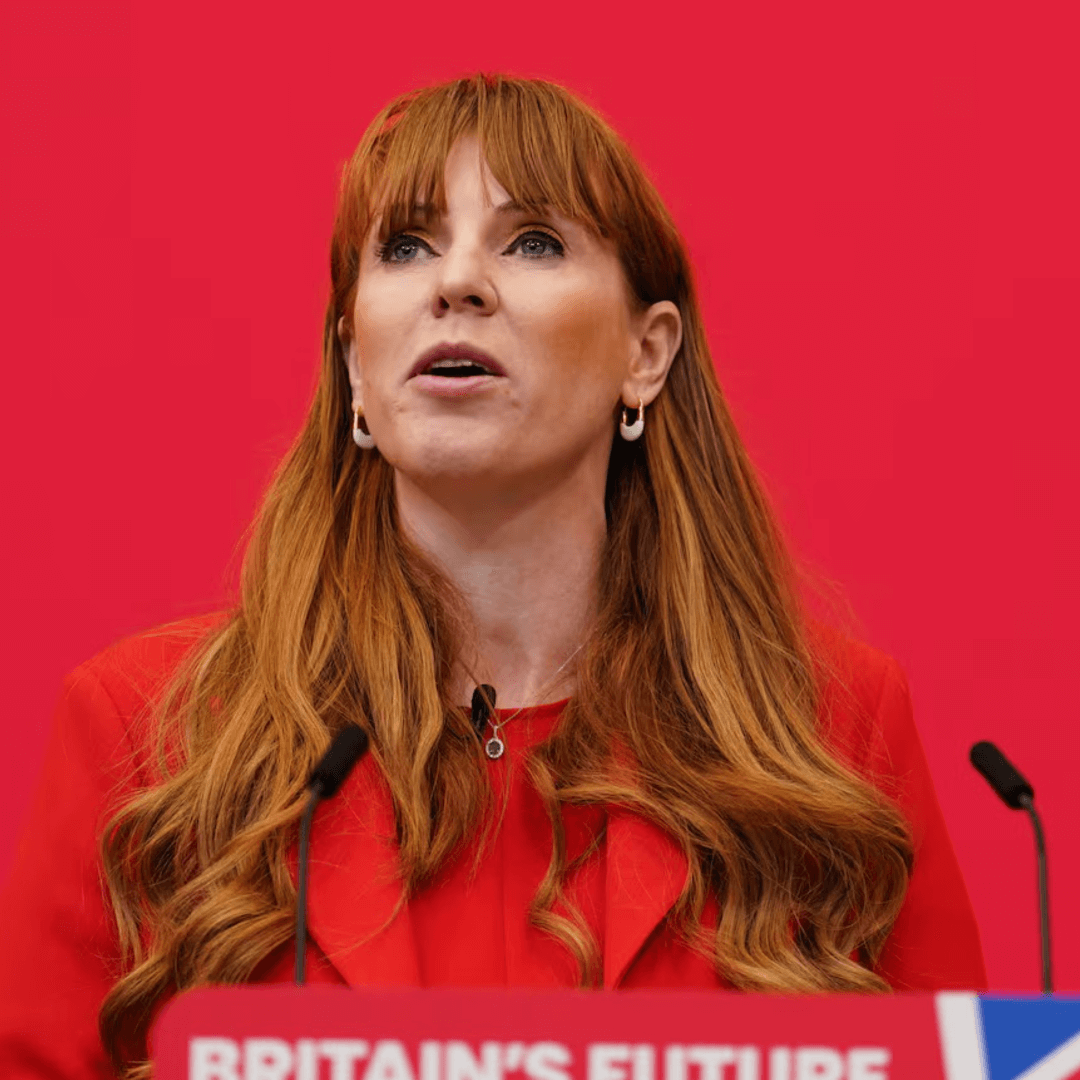Labour Party Conference 2020: what happened and what does it mean for you?
By David Parry, Account Manager – Planning
On the 19th September, the Labour Party kicked off this year’s party conference season with their ‘Connected’ online party conference. Whilst many crave the hustle and bustle of a busy conference centre, we unfortunately can’t always get what we want!
So here is our rundown of what happened and how it may affect the world of local government and development.
Keir keeps on the pressure
With the forensic dissection of everything that Boris Johnson has said during Prime Minister’s Questions, it’s safe to say that Keir Starmer’s election as Leader of the Labour Party has made our Wednesday lunchtimes a lot more entertaining. During his keynote speech, Mr Starmer did not let up on Boris Johnson’s time in office so far, critising his actions during the Covid-19 pandemic and claiming that he is “just not up to the job”. With renewed vigour, the Leader of the opposition attempted to rally the troops and regain the lost votes in Northern England by looking back at what the Party did wrong and how they can make sure they never go into another election and take their votes for granted.
A new direction for the policy platform?
One of the more noticeable aspects of Sir Starmer’s speech was the widespread condemnation of Labour’s approach to the 2019 General Election. Whilst not mentioning Jeremy Corbyn by name, it was clear that Mr Starmer is trying to distance himself from the policies that saw the Party lose by a landslide. His comment on 2019 feeling like ancient history shows us that he is perhaps considering the approach he took when running for leadership of the Party in trying to appeal to some of Corbyn’s key support groups. However, this is something that we will not know until we see the detail in the Party’s next manifesto.
Prioritising rural and coastal communities
As Luke Pollard MP, Shadow Secretary of State for Environment, Food and Rural Affairs, took to the stage, the tone changed and the emphasis was placed on capturing votes for the next local and mayoral elections.
Devolution
Shadow Communities and Local Government Secretary, Steve Reed, used his time to criticise the recent planning reforms implemented by central government by claiming they are “waging war” on towns and coastal communities. In his speech, he reiterated Labour’s focus on devolving powers to institutions and communities that can make grass roots changes. As we know, there are a number of Labour led local authorities that will soon be swept up in the tide of unitarisation including areas of Essex and Kent.
Despite recent announcements indicating that the timescale will be somewhat slower than initially expected, many are still expecting unitarisation is on the way. Whilst this was not mentioned, the Labour reaction to the eagerly anticipated devolution white paper will be interesting to see as unitarisation of these areas gives a greater voice to the devolved powers and could lead to a further loss in Conservative held local authorities across the country.
A Commitment to Infrastructure
Labour Shadow Minister for Railways Tan Dhesi reaffirmed Labour’s support and commitment to HS2 whilst at the same time stating that the Party still intends to take the railways back into public ownership.
Net Zero Housing
At last year’s Labour Party Conference, we were introduced to the ‘Green New Deal’ that would have seen radical changes to the way that new houses were provided if Labour won a general election. A year on, and an unsuccessful election later, and we are still seeing a commitment from Labour to invest in providing houses for the future.
Shadow Housing Secretary, Thangam Debbonaire MP, took a quick jab at the development sector by claiming that housing provision is traditionally opposed to meeting net-zero carbon emissions targets. She outlined the Party’s intention to set up a sub-committee on climate change that would focus specifically on where houses are built and how they are built to set a standard for all new housing across the UK.
So, there it is, the Labour Conference 2020 at a glance. Like many conferences from previous years, we can see a lot of interesting policy commitments, some new, some old. Suffice to say, the first Labour Party manifesto under Keir Starmer will make for a fascinating read and we can finally see if he will be the Leader to herald a new direction for the Party. Alas, we must wait a while longer for a clearer vision of Labour’s new policy direction as the next election is over four years away!








